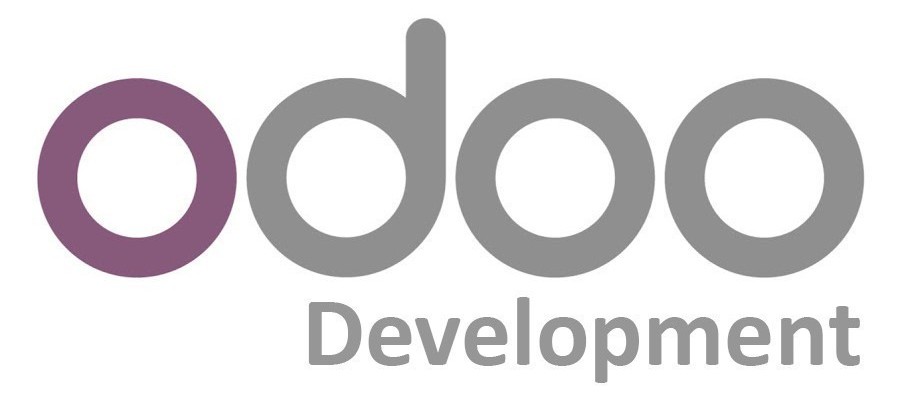
2 min read
Odoo Development: Group by related field
The Odoo ORM provides a read_group method. Calling this method and passing a domain definition, fieldnames and a groupby fieldname will return a domain recordset grouped by the fieldname. A big drawback is that you cannot pass a relation to a subfield. Importing the itertools library gives us new options to do so.
The examples are based on the Odoo App Certificate Planner.
In our scenario we have these models and relations:
change 1:n> document revision n:1> document n:1> document type n:1> document class
For each change we want to get all document revisions grouped by the document class.
The data aggregation happens inside a report. We assume that we already have a list of changes. In the code snippet below the document revisions are group by the related field .document_id.type_id.class_id.name using the itertools.groupby method and a lambda function.
_logger = logging.getLogger(__name__)
import itertools
...
class MDLReport(models.AbstractModel):
_name = 'report.certificate_planer.mdl_report'
_description = 'Certificate Planner MDL Report'
...
# Get documents by change
change_revisions = {}
for change in changes:
change_revisions[change.id] = {}
# Group document revisions by document > document type > document class
for key, items in itertools.groupby(change.revision_ids, lambda r: r.document_id.type_id.class_id.name):
change_revisions[change.id][key] = list(items)
_logger.info(change_revisions[change.id])
...
The groupby method returns the a list of keys and its grouped items. Use list() to have ORM access on the list objects.
The change_revisions contains a key for each change id with a key of the group name as value. The group name key has the grouped items as value.
See the logger output for details:
odoo.addons.certificate_planer.report.mdl_report: {'Certification Document': [certificate_planer.document_revision(32676,), certificate_planer.document_revision(32882,), certificate_planer.document_revision(32515,), certificate_planer.document_revision(32684,), certificate_planer.document_revision(32685,)]}
odoo.addons.certificate_planer.report.mdl_report: {'Certification Document': [certificate_planer.document_revision(34451,), certificate_planer.document_revision(34453,), certificate_planer.document_revision(29489,), certificate_planer.document_revision(30137,), certificate_planer.document_revision(34454,)]}
odoo.addons.certificate_planer.report.mdl_report: {'Certification Document': [certificate_planer.document_revision(34592,), certificate_planer.document_revision(30049,), certificate_planer.document_revision(30051,), certificate_planer.document_revision(30055,)]}
odoo.addons.certificate_planer.report.mdl_report: {'Compliance Document': [certificate_planer.document_revision(32111,)], False: [certificate_planer.document_revision(31306,)]}
odoo.addons.certificate_planer.report.mdl_report: {'Certification Document': [certificate_planer.document_revision(30669,), certificate_planer.document_revision(30840,), certificate_planer.document_revision(30682,), certificate_planer.document_revision(31251,), certificate_planer.document_revision(31252,)]}
Iterate over data structure is easy in qweb:
<t t-foreach="changes" t-as="change">
<t t-foreach="change_revisions[change.id]" t-as="document_class">
<span t-esc="document_class"/>
<t t-foreach="document_class_value" t-as="revision">
<span t-field="revision.document_id"/>
</t>
</t>
</t>
Note that using the foreach clause on a dictionary will set a $as variable with the key and a $as_value with its value.
Tags: odoo , development , tutorial
Edit this page
Show statistic for this page